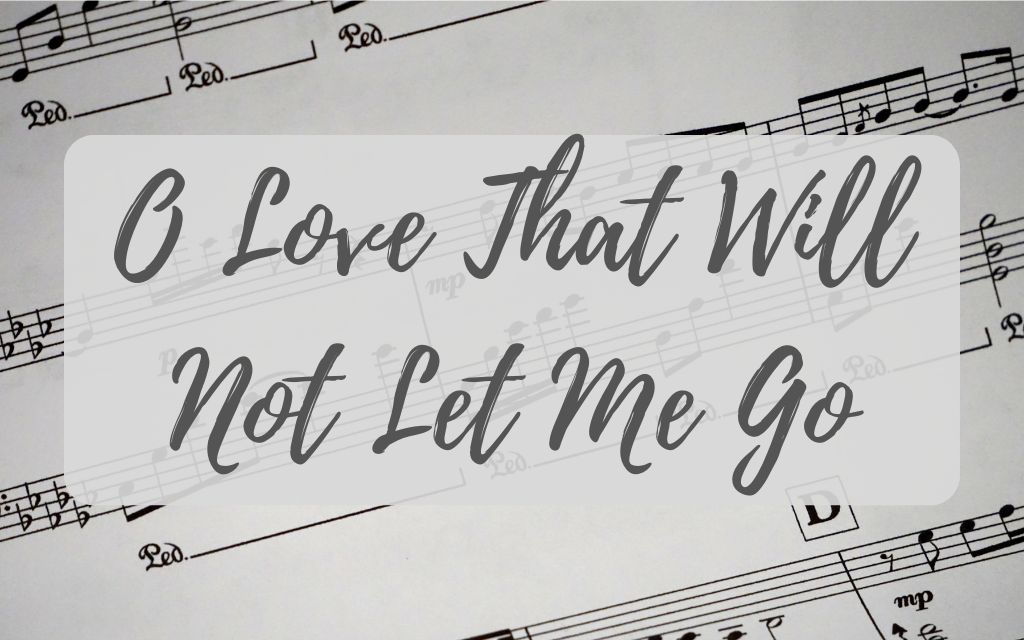Write Better: A Lifelong Editor on Craft, Art, Spirituality by Andrew T. LePeau was not the writing book I initially wanted to read. It piqued my interest because first, it was on sale, and second, the author is an editor for a Christian publishing company. I expected the book to lean more toward writing for God’s glory and feature additional tips for writing Christian fiction or non-fiction. But the book did not quite meet my expectations.
About the Author
Andrew T. LePeau is a writer and an editor living in Chicago. He was the associate publisher for editorial at Intervarsity Press (IVP) publishing house for over forty years. He has authored several books and regularly blogs at andyunedited.com.
About the book
“Writing is not easy, but it can get better” is the premise of Write Better. In this book, LePeau provides tips, pieces of advice, and insights on writing gathered over his 40 years of experience as a publisher and editor. During his career, he has trained, guided, and cheered hundreds of writers. And he wrote this book to share this knowledge and help even more aspiring writers to improve in their craft.
Write Better has three main sections. The first one, titled “the Craft of Writing,” features several techniques to master different elements of writing such as openings, ending, structure, editing, etc.
The second part is titled “The Art of Writing,” and it features strategies to incorporate literary devices to improve writing such as metaphors, tone, creativity, and even breaking the rules.
Lastly, part three, titled “The Spirituality of Writing” is about the spiritual life of writers. In this section, LePeau explores the effects of writing as a spiritual practice and as a calling.
My thoughts
LePeau provided some solid pieces of advice to improve writing. I particularly liked how he employed some elements typically associated with fiction writing and adapted it to non-fiction writing. For example, he demonstrated how stories and imagery, which are usually used in fiction and poetry, can also enhance non-fiction.
I also enjoyed the appendixes at the end of the book. It provided useful information and steps to go from writing to publish a book. Furthermore, LePeau included several resources on writing, and other topics covered in the book, such as the art of persuasion, and spirituality.
I was disappointed that Write Better never focused on Christian writing and didn’t seem to target a Christian audience. While reading it, I often forgot the author was a Christian and got surprised at the rare times something spiritual appeared in the first two sections. I probably got these expectations from reading 12 Ways Your Phone is Changing You and Lit!: A Christian Guide to Reading Books by Tony Reinke. Though Reinke dealt with universal matters, he always tied everything back to Scriptures.
Besides my unmet expectations, they were a couple of things that bothered me with Write Better.
The first one was in chapter 6, titled, “Creating dramatic non-fiction.” Here, LePeau extolled the benefits of adding stories to non-fiction writing as it helps to make the information stick. He said, “facts touch our minds. Stories touch our whole person- our emotions, our desires, what we remember from the past, and what we hope for the future.” I wholeheartedly agree. Storytelling is compelling, and I often try to include some stories in my writing.
But I disagree with stories becoming the point.
As an illustration of the power of storytelling, LePeau used the example of his former pastor Bob who told a hilarious story in a sermon. LePeau said, “As is typical; however, I don’t remember what that sermon was about. I remember the story. I remember that Bob (who died some years later) was a humble, self-effacing man…His story was not mere decoration. It was the point.”
I was a bit surprised that he proudly admitted coming out of a sermon remembering more about the pastor’s life and his stories than the spiritual message. In my opinion, if I write a post about Christ, and my readers mostly remember my accounts instead of the news I am trying to convey, then I have failed. Personal stories should be a supporting character, not the point in Christian writing.
My second concern was in Chapter 16, “Called to write.” Here, LePeau provided five rubrics to help us determine if God called us to write. I didn’t like that he had a whole section dedicated to dreams but only mentioned reading the Bible. I think the first rubric should have been diligently studying Scriptures to discern God’s will. God speaks to us primarily through His Word, and the other rubrics only serve as confirmation.
And as for the dream section, it made me uncomfortable. I liked that LePeau said not to depend on dreams solely and to crosscheck it with Scriptures. Nevertheless, I do not think it’s a good idea to encourage people to look for these kinds of sensational extra-Biblical experience. It will open the door to lots of troubles.
My recommendation
I can’t wholeheartedly recommend Write Better because of the issues I had with it, and because I didn’t enjoy reading it. It has useful writing tips, but a lot of it came from William Zinsser’s On Writing Well —which was the book I initially wanted to read. So you might as well cut the middleman and read On Writing Well.
If you are looking for something dealing with writing and spirituality, then I do not recommend this book. Adorning the Dark by Andrew Peterson is a much better alternative.








